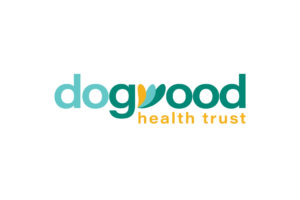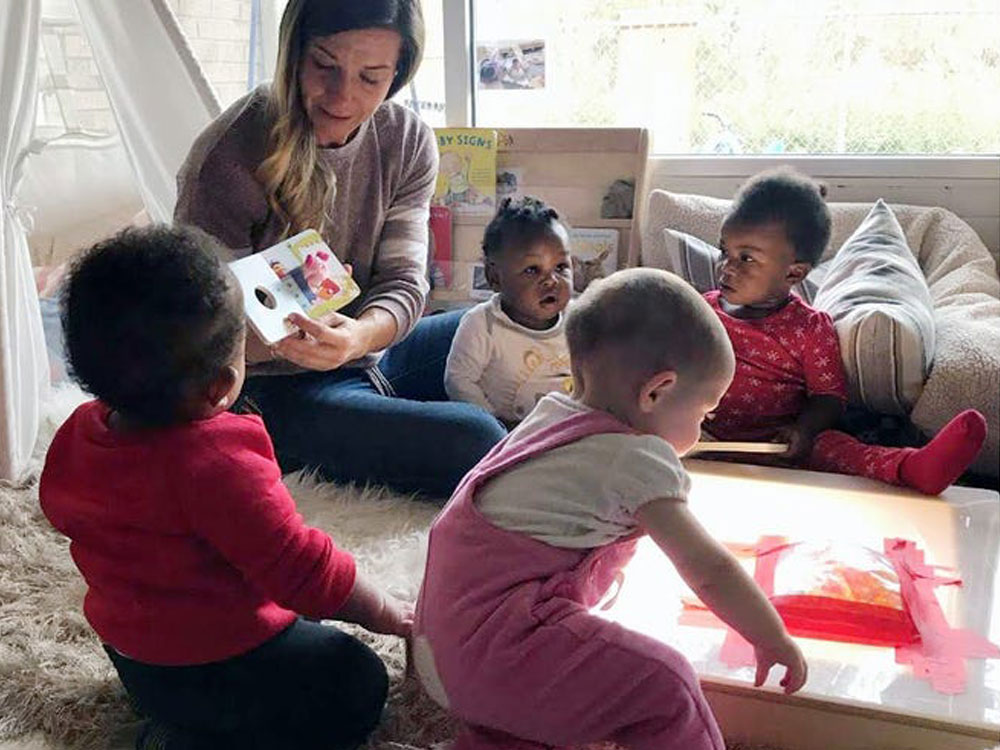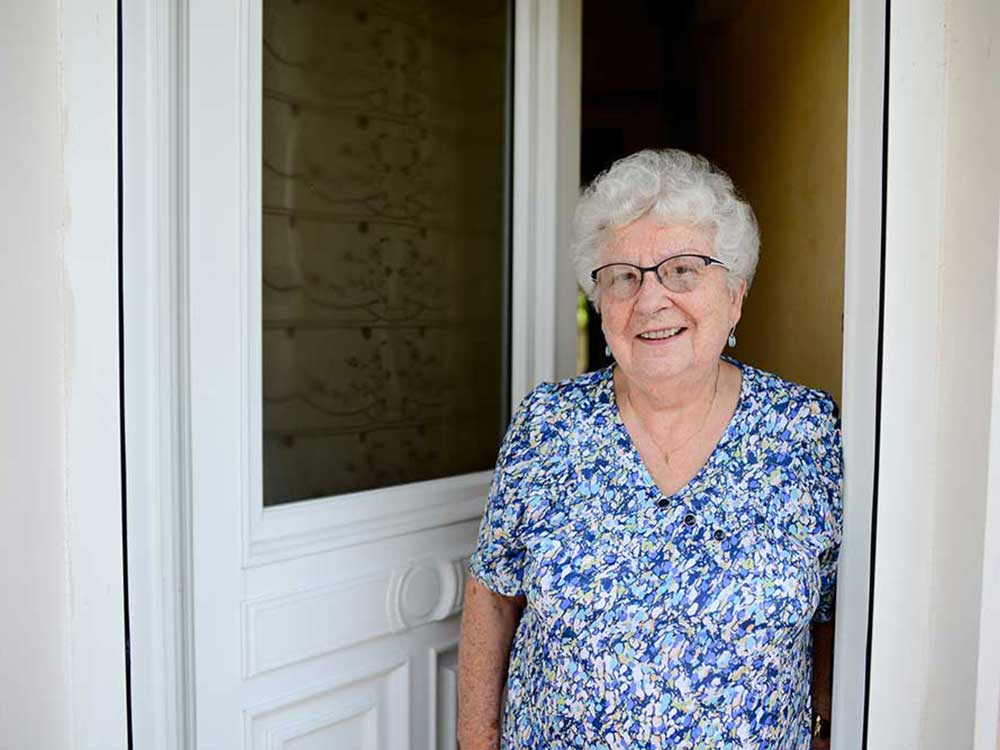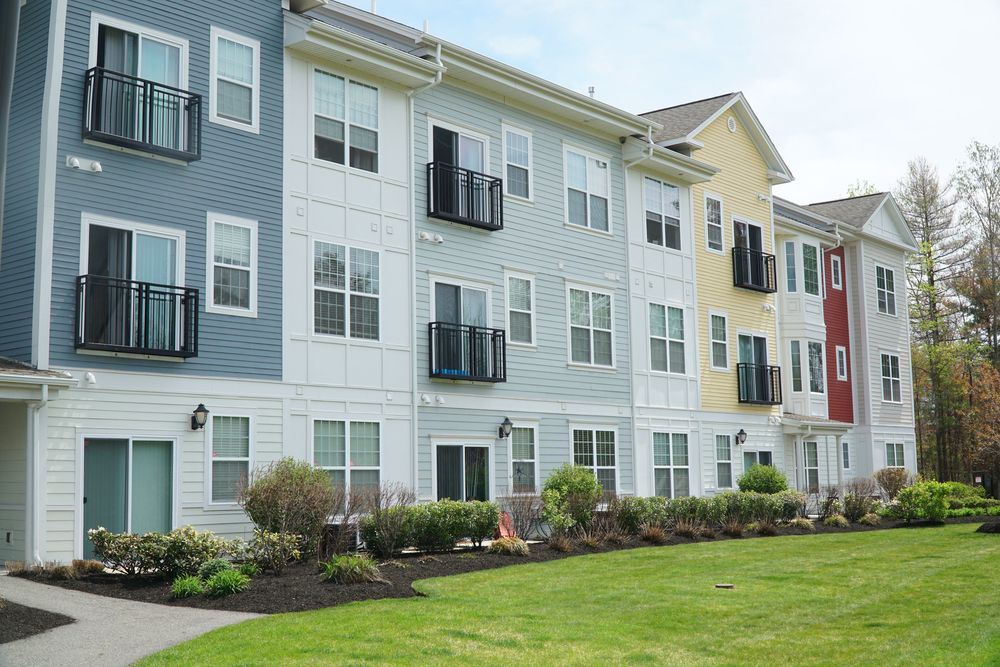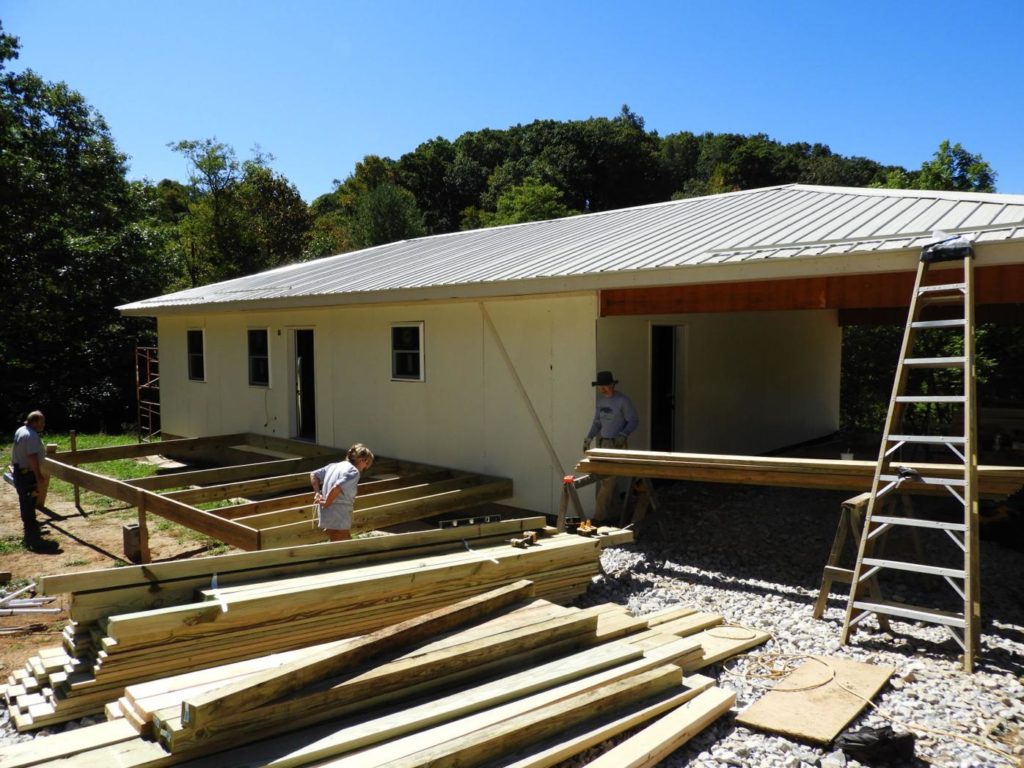Asheville, N.C. – Dogwood Health Trust will accept applications for its Immediate Opportunities and Needs (ION) grants through Jan. 15, 2020. ION grants will support one-time, immediate needs or opportunities for 501(c)(3) organizations, tribal and government agencies. Examples of need might be replacing a piece of equipment, repairs to a building or vehicle, or purchasing much-needed new computers or software. Examples of an opportunity might be hiring consultants to support strategic planning, fundraising plans or a special IT project.
“The work of nonprofit organizations and government agencies is unpredictable – especially when dealing with factors that contribute to the overall health and wellness of people,” said Brian Myers, chief strategy officer for Dogwood Health Trust. “Sometimes, an unexpected challenge arises that an organization might need an extra investment to overcome. Similarly, unexpected opportunities present themselves and organizations may need a little help to take full advantage of them. This is what the Immediate Opportunities and Needs grants are for.”
Dogwood Health Trust will accept applications from any organization that is aligned with its work to improve health and wellness and address the social determinants of health in the region. They have identified a goal of making at least one grant in each of the 18 counties and tribal lands within their service area and they intend to allocate at least 30% of ION grants to proposals that advance equity or reduce disparities. Grants during the inaugural round of funding will range from $500 to $25,000.
ION grants are not designed to support ongoing programs or general operating expenses. ION grants will not be awarded for endowments, capital campaigns, political causes or candidates, advertising, debt retirement or activities or projects that have already been completed. By law, Dogwood Health Trust cannot make grants to individuals.
The ION grant application is short, simple, and available online at dht.org/ION-grants. Grant decisions will be made within 30 days, and funds will be distributed in early March 2020. Reporting
requirements are minimal; Dogwood Health Trust requests that recipients share their success stories in the hopes of inspiring others. For more information or to determine if your organization qualifies, contact [email protected]. If you encounter any technical difficulties while completing the online application, you are encouraged to call (828) 771-7983 for assistance.
Dogwood Health Trust is a private non-operating foundation with the sole purpose of dramatically improving the health and well-being of all people and communities of Western North Carolina. Dogwood Health Trust was established to receive the proceeds from the sale of the assets of the nonprofit Mission Health System to HCA Healthcare in January 2019. The Trust is not affiliated in any way with either Mission Health System or HCA. It is governed and operated as an independent entity under the charge of its CEO and Board of Directors. Dogwood is also separate and independent of the legacy foundations that formerly supported Mission Health hospitals. To learn more, visit dogwoodhealthtrust.org.

